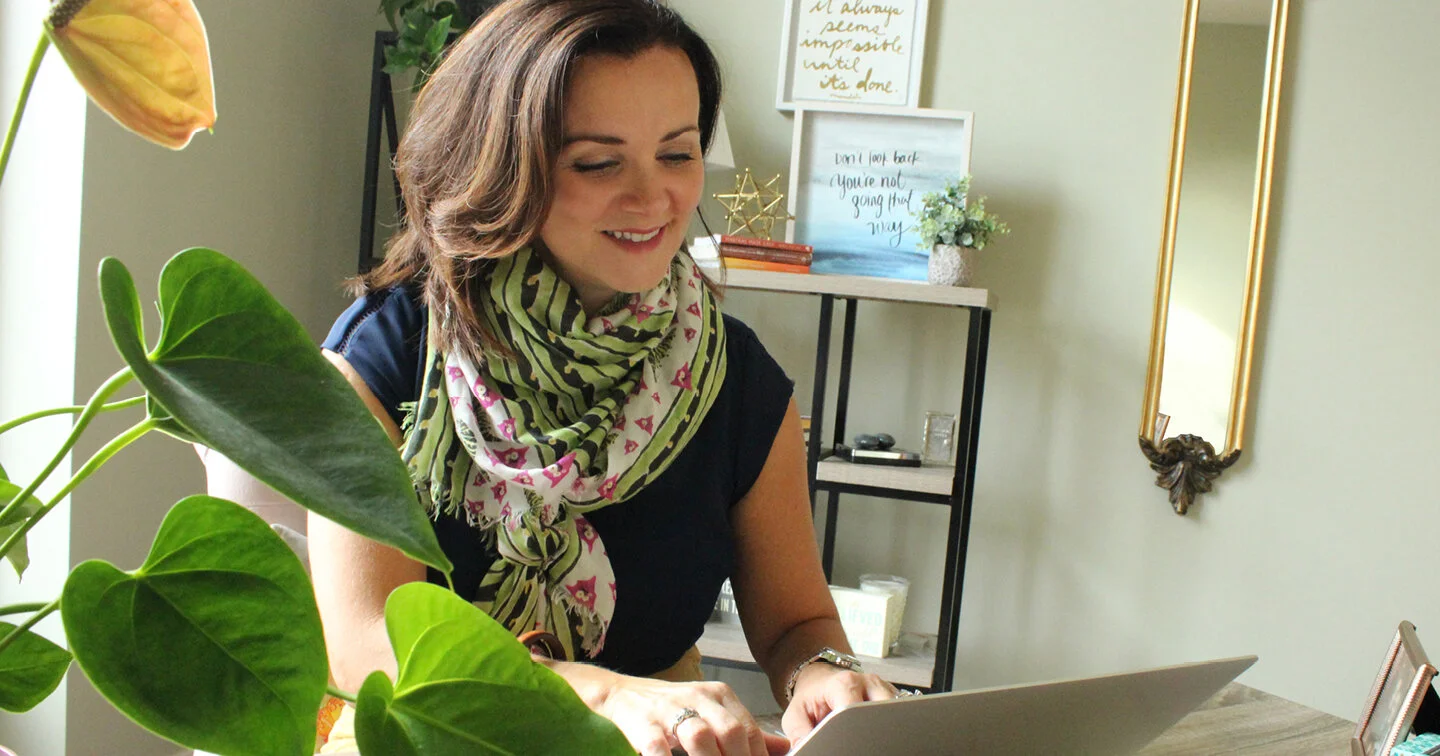Leveraging the gift of time
/Leveraging the gift of time
What we do with the extra hours in the day that we have been given back will be critical.
We humans like to be comfortable and we also like to feel in control. What is happening right now in the world does not make us feel either. There is a general feeling of uneasiness and uncertainty as a result of the pandemic and social distancing implementation.
As we have retreated into our homes, it feels like time has slowed down. Those who work outside the homes and have been asked to work from home have been given back hours of time they would have spent getting ready for work and commuting to and from the office. Students at universities are attending their classes virtually, opening up their days. Families with little children whose schools have been closed are now together 24/7.
Time is, and has always been one, of our most precious gifts. We’ve used the excuse “I don’t have the time” to postpone our dreams, to become healthy, and even work on relationships. What we do with the extra hours in the day that we have been given back will be critical. Will we waste the time by distracting ourselves, or will we see time as a blessing and finally do things we’ve delayed?
Here are some options to start today:
Start a regular exercise routine in your home or go for walks outside (while practicing physical distancing).
Implement a self-care practice of gratitude, meditation and journaling to promote mindfulness and guard our mind against worry, stress and overwhelm.
Promote your personal growth and development by listening to podcasts, reading books and even watching documentaries on topics of interest.
Cook and eat meals together with your family at home.
Re-connect or stay connected with family and friends outside your home by calling or leveraging FaceTime or Zoom.
Learn a new language by leveraging online resources and apps.
Get the sleep you need by taking power naps and getting the 7-9 hours of sleep that we all need.
Think strategically and creatively by blocking out distractions and solving critical business or personal challenges that you’ve postponed focusing on.
Start or re-engage with a hobby or interest. Begin writing your best-selling book, paint again, pick up that guitar or sit down at the piano, experiment cooking new meals with items in your pantry and refrigerator, write your business plan, finally do a vision board, etc.
Get organized by cleaning out your closet and donating “stuff” that you don’t need, organizing your pantry and discovering how much food you already, getting your finances in order by creating a budget.
This list is not meant to be exhaustive. We each have things that have been placed on our hearts. What will you be doing with the extra time that you’ve been given?



